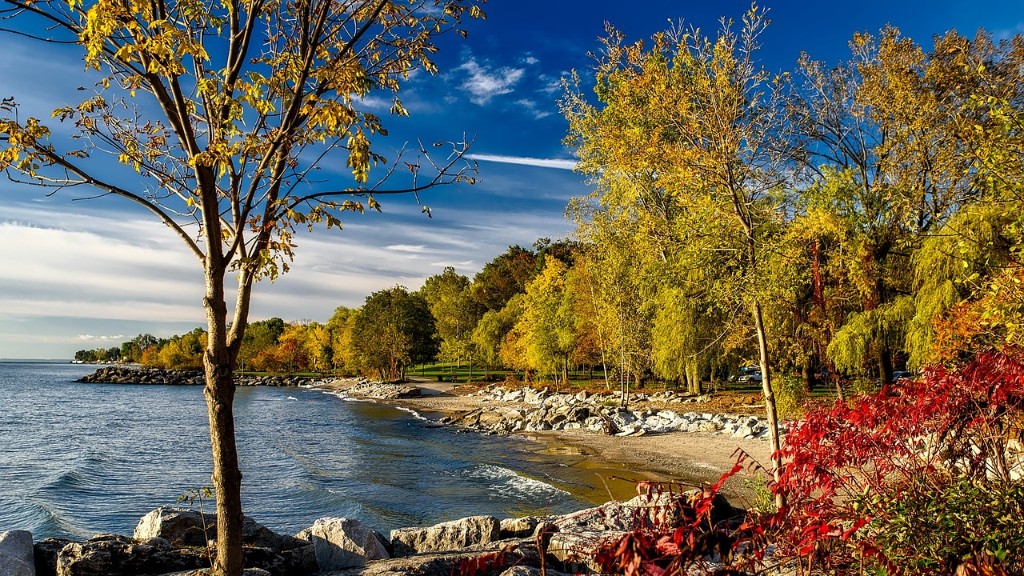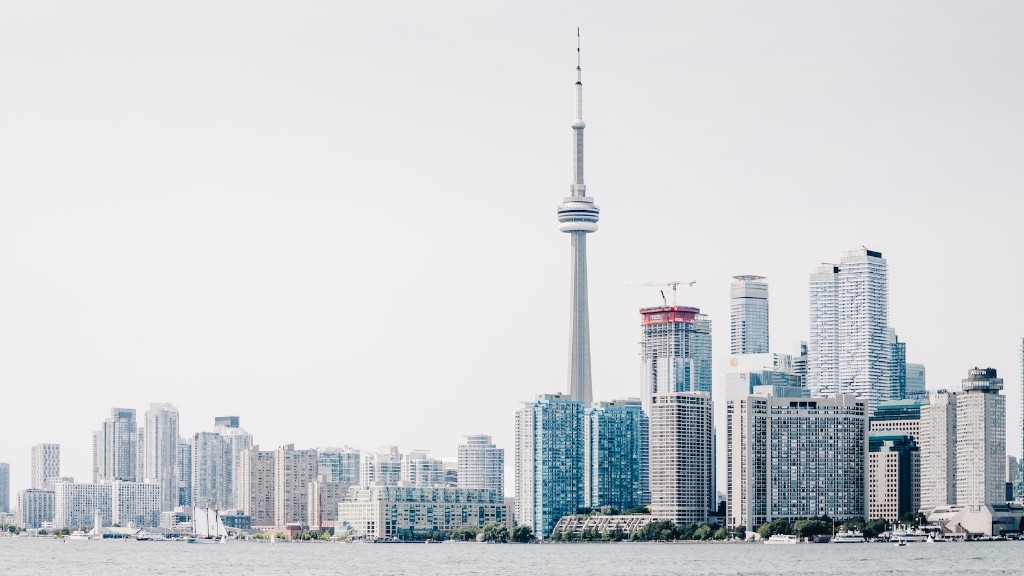Can you drink alcohol in parks in Toronto?
Drinking alcohol in public spaces has long been a topic of debate in many cities around the world, and Toronto is no exception. The rules and regulations regarding alcohol consumption in parks have evolved over the years, but currently, it is legal to drink alcohol in most city parks in Toronto. However, there are certain restrictions and guidelines that residents and visitors must follow.
Background:
In the past, consuming alcohol in Toronto parks was strictly prohibited. The city aimed to promote safe and family-friendly recreational spaces, and alcohol was seen as a hindrance to this objective. However, in recent years, there has been a shift in attitudes towards alcohol consumption in public spaces. Many people argue that responsible drinking should be permitted in parks, just as it is in other public areas like patios and licensed events.
Current Regulations:
As of September 2021, it is legal to consume alcohol in most publicly accessible areas of Toronto parks. The Alcohol and Gaming Commission of Ontario (AGCO) has stated that alcohol can be consumed in designated public spaces within parks during specified hours. These designated areas are typically marked with signage indicating that alcohol consumption is permitted. However, it’s important to note that individual parks may have their own specific rules and restrictions, so visitors should check the signage or consult park staff before consuming alcohol.
Perspectives from Experts:
Experts in the field have varying opinions on the topic of alcohol consumption in parks. Some argue that allowing responsible drinking in designated areas can enhance the overall park experience for adults, making it a more inclusive space. They believe that implementing rules around alcohol consumption, such as restricted hours and behavior guidelines, can mitigate any potential negative effects.
However, others express concerns about the potential for increased alcohol-related issues like public intoxication and littering. They worry that relaxing the regulations around alcohol in parks may lead to an overall decline in the quality of the park environment and safety for families and children.
Relevant Data:
While specific data on alcohol-related incidents in Toronto parks is limited, the experience of other cities can provide some insights. For example, a study conducted in Vancouver, Canada found that after alcohol restrictions were lifted in specific parks, there was an increase in alcohol-related incidents and littering.
Own Insights and Analysis:
Considering the arguments on both sides, it is essential to strike a balance between allowing responsible adults to enjoy a drink in parks while also ensuring the safety and cleanliness of these public spaces. To achieve this, park authorities should focus on implementing clear guidelines and designated areas for alcohol consumption, as well as enforcing strict regulations against public intoxication and littering.
The Benefits of Allowing Alcohol in Parks
Enhanced Enjoyment: Permitting responsible adults to consume alcohol in parks can enhance their overall experience, fostering a more social and inclusive environment.
Boost to Local Economy: Allowing alcohol consumption in parks can also benefit local businesses, particularly those that sell alcohol or provide catering services.
Promotion of Responsible Drinking: By setting guidelines and educating the public on responsible alcohol consumption, parks can serve as a platform to promote safe and moderate drinking habits.
Risks and Challenges:
Public Intoxication: Relaxing alcohol regulations may increase the risk of public intoxication, leading to disturbances and potential safety hazards.
Littering and Environmental Impact: Without proper monitoring and enforcement, there is a possibility of increased littering and negative environmental effects within parks.
Best Practices for Alcohol Consumption in Parks
Designated Areas: Clearly mark designated areas within parks where alcohol consumption is permitted to avoid confusion and ensure compliance.
Restricted Hours: Define specific hours during which alcohol consumption is allowed to mitigate any potential disturbances during quieter times.
Education and Promotion: Implement educational campaigns to raise awareness about responsible drinking and its impact on park environments.
Community Engagement: Involve park users and local communities in decision-making processes to gather diverse perspectives and ensure collective ownership of park regulations.
Conclusion
While the ultimate decision regarding alcohol consumption in Toronto parks rests with the city and its residents, it is important to consider the potential benefits and challenges associated with this issue. Striking a balance between promoting responsible alcohol consumption and maintaining the safety and cleanliness of public spaces is key. By establishing clear guidelines, designated areas, and enforcing regulations, parks can allow for a more inclusive experience while mitigating any potential negative impacts.





